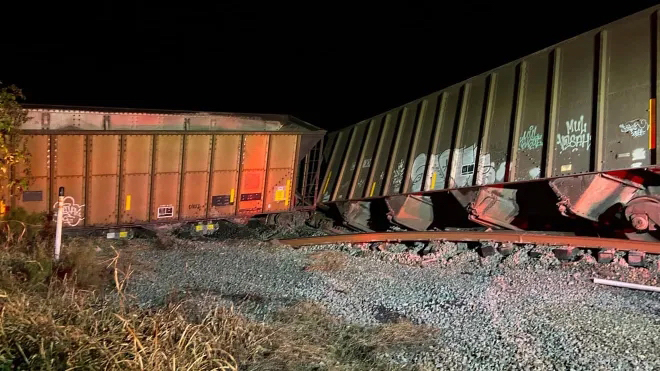
GARNETT, S.C. — Cleanup continues after 14 cars of a CSX Transportation train derailed Wednesday night, Dec. 4, in Garnett, the newspaper Bluffton Today reports.
The railroad said in a statement that loaded rock hopper cars were involved, and that no injuries reported and there was no threat to the environment or surrounding community. U.S. Route 321, which parallels the railroad, was closed Wednesday night but reopened on Thursday, the Hampton County Sheriff’s Office reported in a Facebook post.
Garnett is on CSX’s Columbia Subdivision, about 40 miles north of Savannah, Ga.






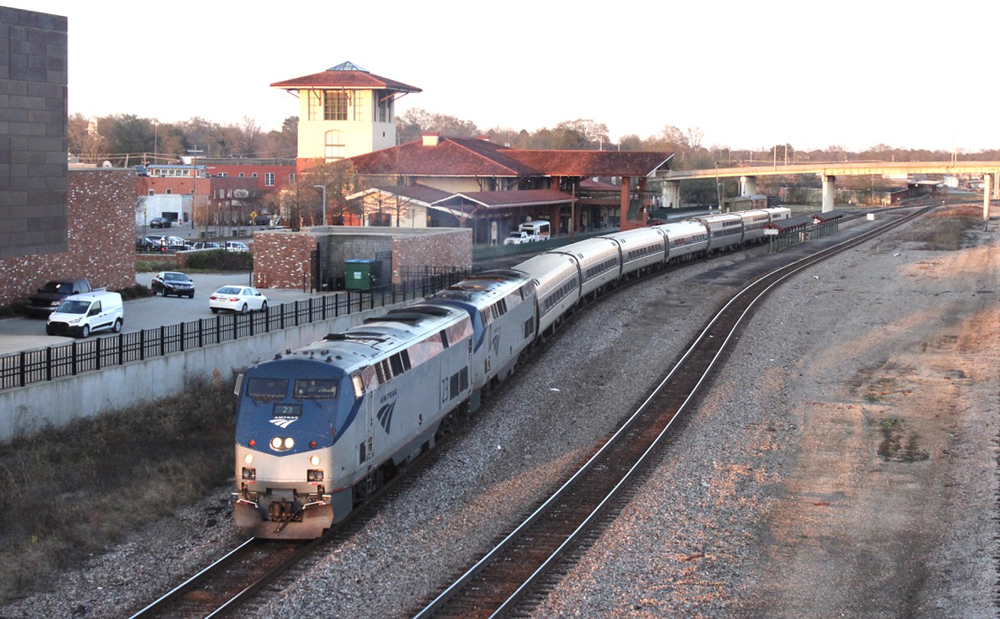
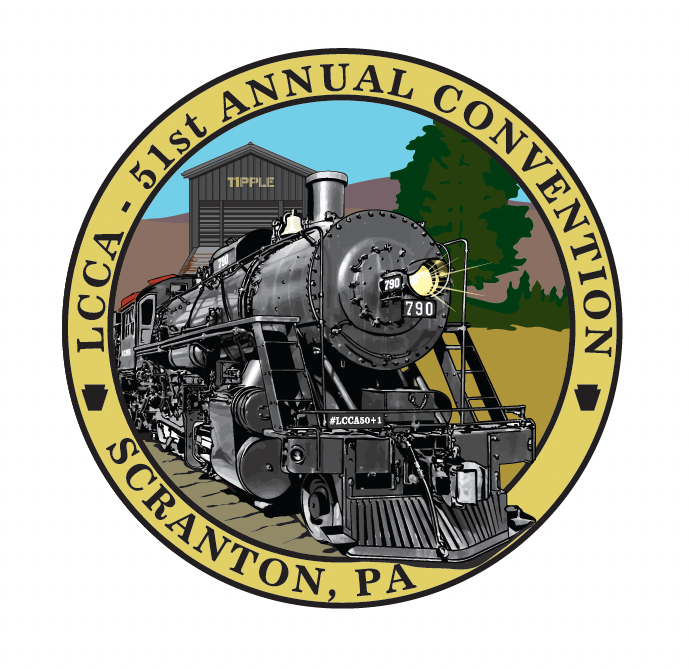
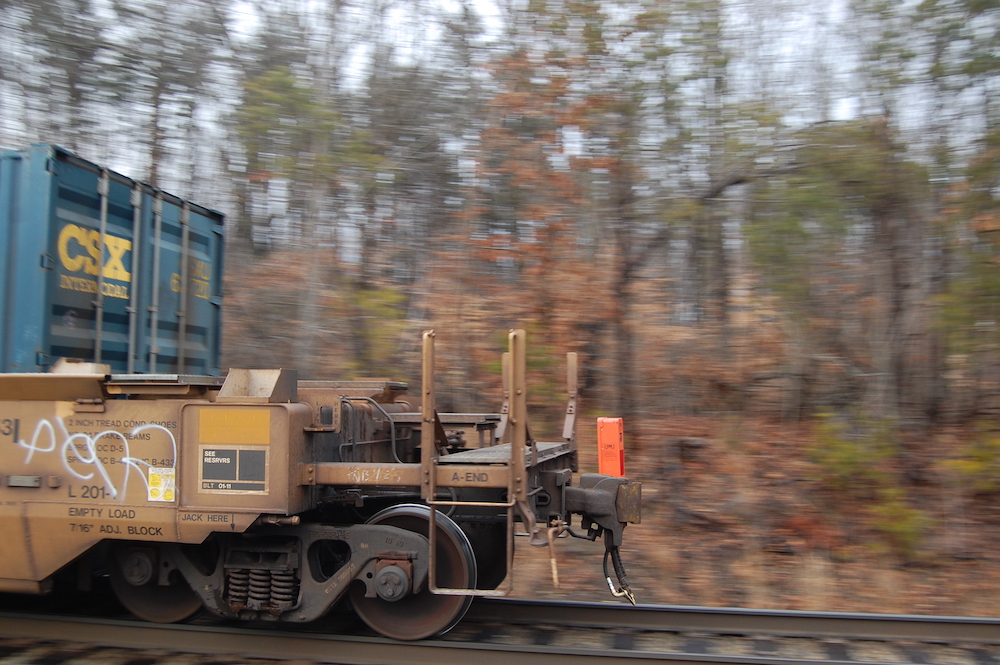
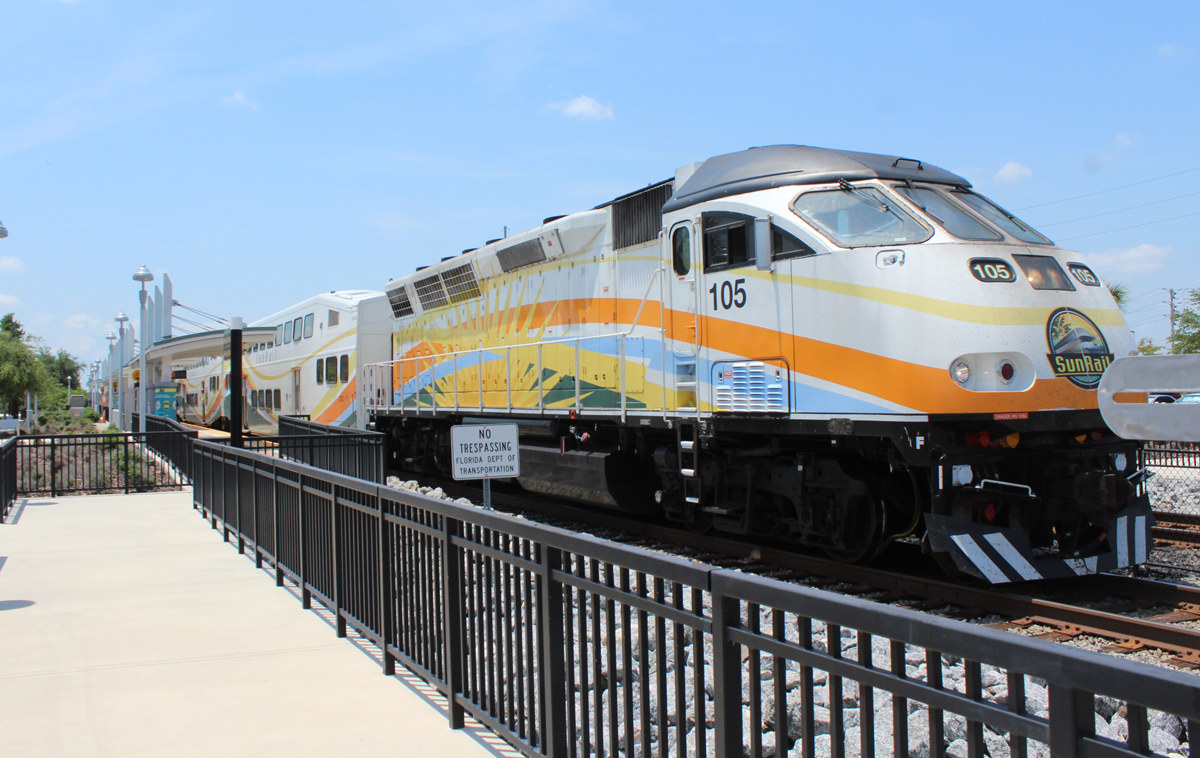




“Look at the FACTS. Derailments per ton-mile have remained flat.”
If derailments per ton-mile were already high, then staying flat is not an achievement.
Replacement rock for Nolichucky River?
Gravel trains out of a quarry along the Savannah River just upriver from Augusta GA.
I was thinking the same thing. CSX getting it from all sides, the greens, the local government and now the derail devils.
Living in the area and seeing these rock trains coming down from Dan, GA (Augusta area) my bet is a broken axle with an outside chance of going too fast.
Actually, your initial premise is incorrect. There are not more derailments now. Derailments have been fairly steady for more than 10 years. 15,000 foot trains have been around now for several years. If they were a cause of derailments, we would be seeing many more than previously. I also don’t understand your reference to 1800s infrastructure. Track structure, and technology to evaluate it has evolved significantly.
https://usafacts.org/articles/are-train-derailments-becoming-more-common/
There seems to be more derailments over the last few years. Could it be:
1. Increased buff and draft forces from pre-blocked 15,000 foot trains?
2. Reduced car inspections?
3. Reduced track maintenance?
4. Poor train handling from inexperienced crews?
5. Running 15,000 trains on 1800’s infrastructure?
6. Reliance on limited computer analysis for train makeup?
7. Relaxed risk management rules for train makeup?
8. 24-hour news cycle?
Or is it a combination of all of these?
1. Was this a 15,000 foot train? (No)
2. Has FRA reduced inspection requirements? (No)
3. Got any facts to support the assertion of reduced maintenance? (No)
4. Do you know that train handling caused the derailment? (No)
5. Has 136# CWR suddenly been replaced with 70 pound jointed? Ties regressed to a time before creosote preservatives? (No and no)
6. Do you have access to [CSX]…. systems to prove this? (Highly doubt it)
7. The railroad is somehow learning less or forgetting the lessons they have learned over the past 5-10 years on what length and makeup they can safely operate over their territory? (Dubious; any profit-motivated railroad would instead learn from their mistakes and refine their train makeup rules)
8. I do not allow cable news to determine how I feel about issues they have very little knowledge about. (Trying my hardest to stay sane in the current environment)
Look at the FACTS. Derailments per ton-mile have remained flat. Derailments attributed to makeup and train handling have declined. Track defects per MGT or per year have remained constant, and capital expenditures on maintenance are up.
Again, any profit-motivated railroad knows that preventative maintenance and inspection (talking rail scanning, automated alignment measurements, LIDAR and video recording) pay for themselves, but some issues (particularly equipment failures, metallurgical flaws and bad welds) remain undetected.
Even the PSR accountants have learned that derailments are expensive, and cleanup costs easily outweigh deferred maintenance. Basic economic facts: every derailment avoided by running the Sperry car along one subdivision avoids the same amount of expense to run the scanner car over their entire mainline.
As for the news media, they should play to their strengths and avoid speculation. The fact is that there’s a train on the ground, thankfully no one is in danger, and it’s going to take a while to clean up the mess. Afterward, a fact-based cause will be determined, and the railroad will learn from it.